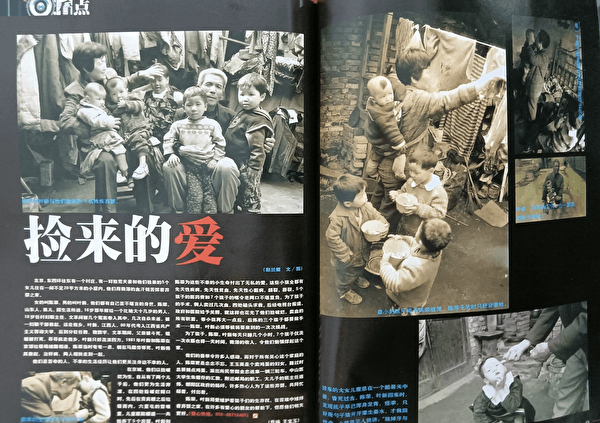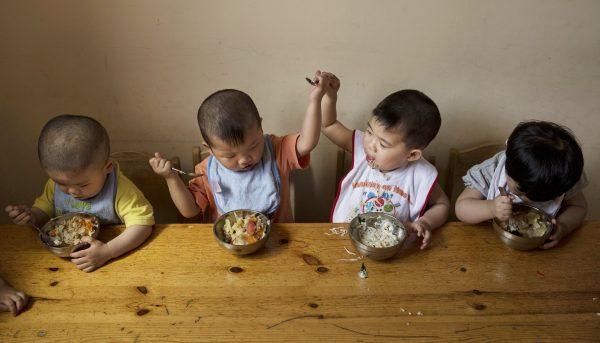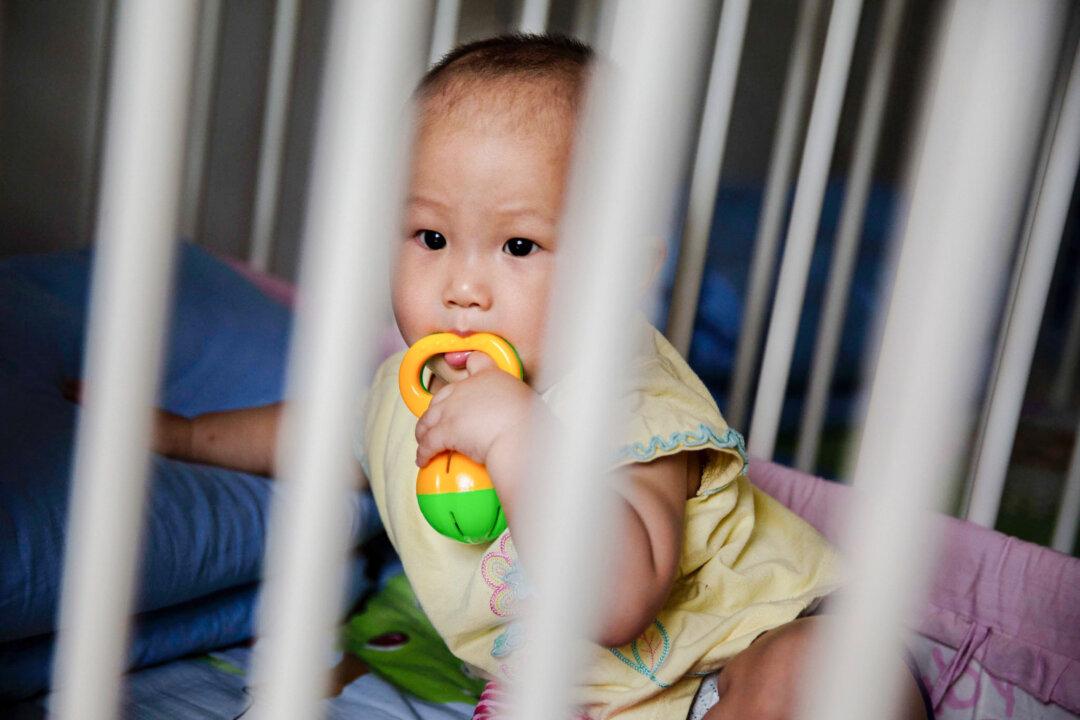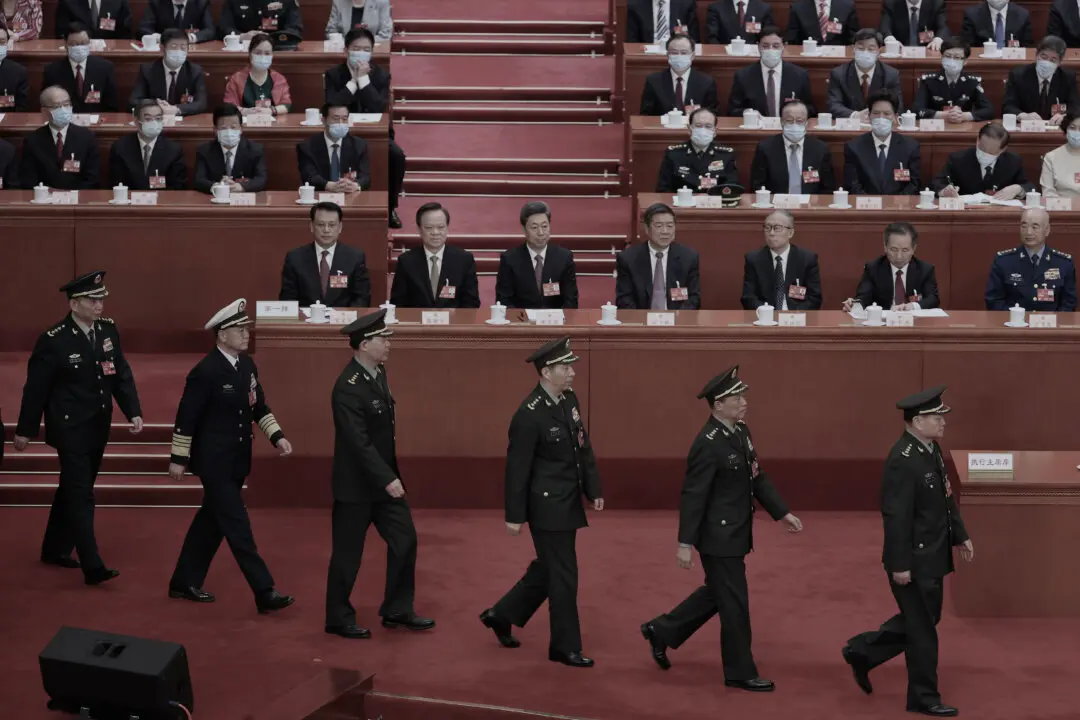The Chinese regime has ended its three decade-long transnational adoption policy and will no longer allow Chinese children to be adopted by foreign families, with few exceptions.
The ruling Chinese Communist Party (CCP) announced the new ban on Sept. 5.
“Apart from the adoption of a child or stepchild of blood relatives of the same generation who are within three generations of foreigners coming to China to adopt, China will not send children abroad for adoption,” CCP Foreign Ministry spokeswoman Mao Ning said.
The rule change has created uncertainty for hundreds of American families currently in the process of adopting a child from China.
In response to questions from U.S. diplomats regarding the new rule, Beijing said it “will not continue to process cases at any stage” other than those cases covered by the stated exception.
The U.S. State Department said on the same day that the U.S. Embassy in Beijing is seeking clarification on the new rule in writing to the CCP’s Ministry of Civil Affairs.
“We understand there are hundreds of families still pending completion of their adoption, and we sympathize with their situation,” the State Department said.
The CCP imposed a mandatory “one-child” policy in China from 1979 to 2015, which caused a large number of baby girls or babies with birth defects to be abandoned at birth. Some of the abandoned babies were taken in by orphanages in various places.
Since 1988, the Chinese regime had gradually relaxed its policy on international adoptions, allowing foreigners to adopt Chinese children. The number of international adoptions has increased significantly year by year, with the largest number of adoptions driven by American families.
Local government agencies in China had been charging foreign families considerable fees for adopting Chinese children.
In 2005, China officially became a signatory to the Convention on Protection of Children and Cooperation in Respect of Intercountry Adoption. The number of Chinese international adoptions peaked that year, with more than 13,000 children adopted by foreign families, accounting for 25 percent of all adoptions in the country.
Zhao Lanjian, an independent current affairs commentator who currently resides in the United States, worked for several media outlets in China as an investigative reporter for many years. In 1999, Zhao wrote an article about a poor elderly couple who made a living picking up urban waste and selling recyclables in Beijing. They raised five abandoned babies. After the report attracted nationwide attention, the babies were sent to an orphanage and eventually adopted by American families.

Zhao told The Epoch Times on Sept. 7 that when he was dealing with the CCP’s Beijing Social Welfare Institute for the report, he found that the children in the orphanage were very depressed and “would definitely have psychological trauma later in life.”
Zhao wrote on social media platform X: “If abandoned babies are sent to China’s government-run orphanages, they will be engrained with the CCP’s indoctrination from an early age and will be receiving its brainwashing education to be cogs on the socialist machine or cannon fodder. In the future, they will be the first ones to fill out the government’s blood and organ donation agreements.”
The CCP’s new ban, Zhao said, was driven by the fact that the large number of Chinese orphans being adopted by Western families has attracted international attention, “which has shamed Chinese society and the CCP’s governmental and civil administration system.”

Tseng Chien-Yuan, an associate professor of public policy at National Central University in Taiwan, told The Epoch Times that the main reason for the transnational adoption policy change is the nationalistic mentality of the Chinese regime.
“They worry that people would criticize the CCP, saying that if China’s social welfare is adequate, why does it need foreigners to adopt Chinese orphans?” he said.
Tseng said that when Western families come to adopt Chinese orphans, “it is not for the purpose of continuing the family line as the Chinese do.”
He added, “Many of them are based on compassion, even if the orphans are disabled or have physical or mental defects.”






